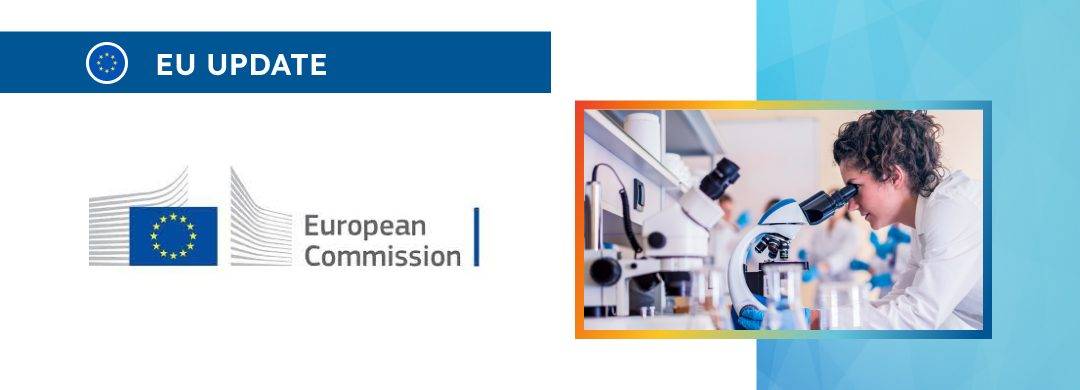The new article highlights the aspects related to the timelines associated with the clinical investigations, the way they should be calculated, and other relevant matters.

Table of content
The Medical Device Coordination Group (MDCG), a voluntary association of national regulating authorities cooperating for further improvement of the medical device regulatory framework, has published a questions-and-answers document dedicated to clinical investigations.
The document provides an overview of the applicable regulatory requirements, as well as additional clarifications and recommendations to be taken into consideration by medical device manufacturers and other parties involved to ensure compliance thereto.
At the same time, provisions of the guidance could be subject to changes, should such changes be reasonably necessary to reflect corresponding amendments to the underlying legislation.
The scope of the guidance covers, inter alia, the aspects related to timelines in the context of clinical investigations conducted to assess the actual safety and effectiveness of medical devices and collect the necessary performance data to be further used to support marketing submissions.
The approach described in the document is based on the provisions of Medical Device Regulation (MDR) 2017/745.
The document covers the main timeline considerations, including the start and end dates of clinical investigations, notification requirements for early termination or temporary halts, and the submission of clinical investigation reports.
Additionally, it addresses the matters related to the retention period for study documentation.
Start of Clinical Investigation
According to the document, the start date of a clinical investigation is a significant consideration under the MDR.
While the MDR does not explicitly require reporting the start date, national legislation in some Member States mandates reporting to the relevant Competent Authority.
The start date should be indicated in EUDAMED, the new European database on medical devices, to provide public information and assist the Competent Authority in inspection planning.
Generally, this date is marked by the first recruitment activity in a Member State, which could be the initiation at the first site or the publication of the first investigation-specific advertisement.
However, it is important to mention that the investigation cannot begin before the authorization date or after the commencement of recruitment.

End Date of Clinical Investigation
The end of a clinical investigation is defined in Article 77(2) of the MDR.
It should correspond the last visit of the last subject, unless the clinical investigation plan specifies a different endpoint, such as the closure of a site following the last subject’s visit.
This definition is vitally important for understanding when an investigation is officially considered completed.
Notification of the End of Clinical Investigation
The MDR requires sponsors to notify each Member State where a clinical investigation was conducted of its end within that state, as per Article 77(3).
This notification should be made within 15 days of the investigation’s conclusion in that Member State.
If the investigation covers multiple Member States, the sponsor must also notify all concerned states when the investigation concludes in all of them, within 15 days of the final state’s conclusion.
The ongoing status of the investigation in third countries can impact the sponsor’s ability to provide a comprehensive report, necessitating communication about the expected global end date.
Early Termination Notification
According to the guidance, if a clinical investigation is halted or terminated early, the sponsor must inform the concerned Member State within 15 days, or within 24 hours if the halt is due to safety concerns. Calculation of this timeline begins with the decision to halt or terminate the investigation.
If the investigation restarts after a temporary halt, especially on safety grounds, this should be reported as a substantial modification.
Importantly, halting the inclusion of new subjects due to global recruitment completion is not considered early termination.
Submission of Clinical Investigation Report
Regardless of the investigation’s outcome, the sponsor must submit a clinical investigation report to all Member States where the investigation was conducted within one year of its global conclusion.
In cases of early termination or temporary halt, this report is due within 3 months. The report should include a risk analysis for any safety-related temporary halts.
If the investigation restarts within three months of a temporary halt, the report can be delayed until the investigation’s completion.
Retention of Study Documentation
The MDR sets forth that study documentation must be retained for at least 10 years after the investigation’s conclusion, or for 10 years after the last device is placed on the market, whichever is later.
For implantable devices, this period extends to at least 15 years. The term “placed on the market” refers to the transfer of each individual device from the manufacturer to another party, indicating that documentation may need to be stored for an extended period.
Conclusion
In summary, the MDR establishes clear guidelines and timelines for various aspects of a clinical investigation, including the start and end dates, notification requirements in cases of early termination or temporary halts, the submission of clinical investigation reports, and the retention period for study documentation.
These regulations are critical for ensuring the smooth operation and oversight of clinical investigations within the EU, while strict compliance with these regulations is essential for sponsors and investigators to maintain the integrity of their investigation, as well as to ensure the accuracy and reliability of the data collected.
How Can RegDesk Help?
RegDesk is a holistic Regulatory Information Management System that provides medical device and pharma companies with regulatory intelligence for over 120 markets worldwide. It can help you prepare and publish global applications, manage standards, run change assessments, and obtain real-time alerts on regulatory changes through a centralized platform. Our clients also have access to our network of over 4000 compliance experts worldwide to obtain verification on critical questions. Global expansion has never been this simple.

